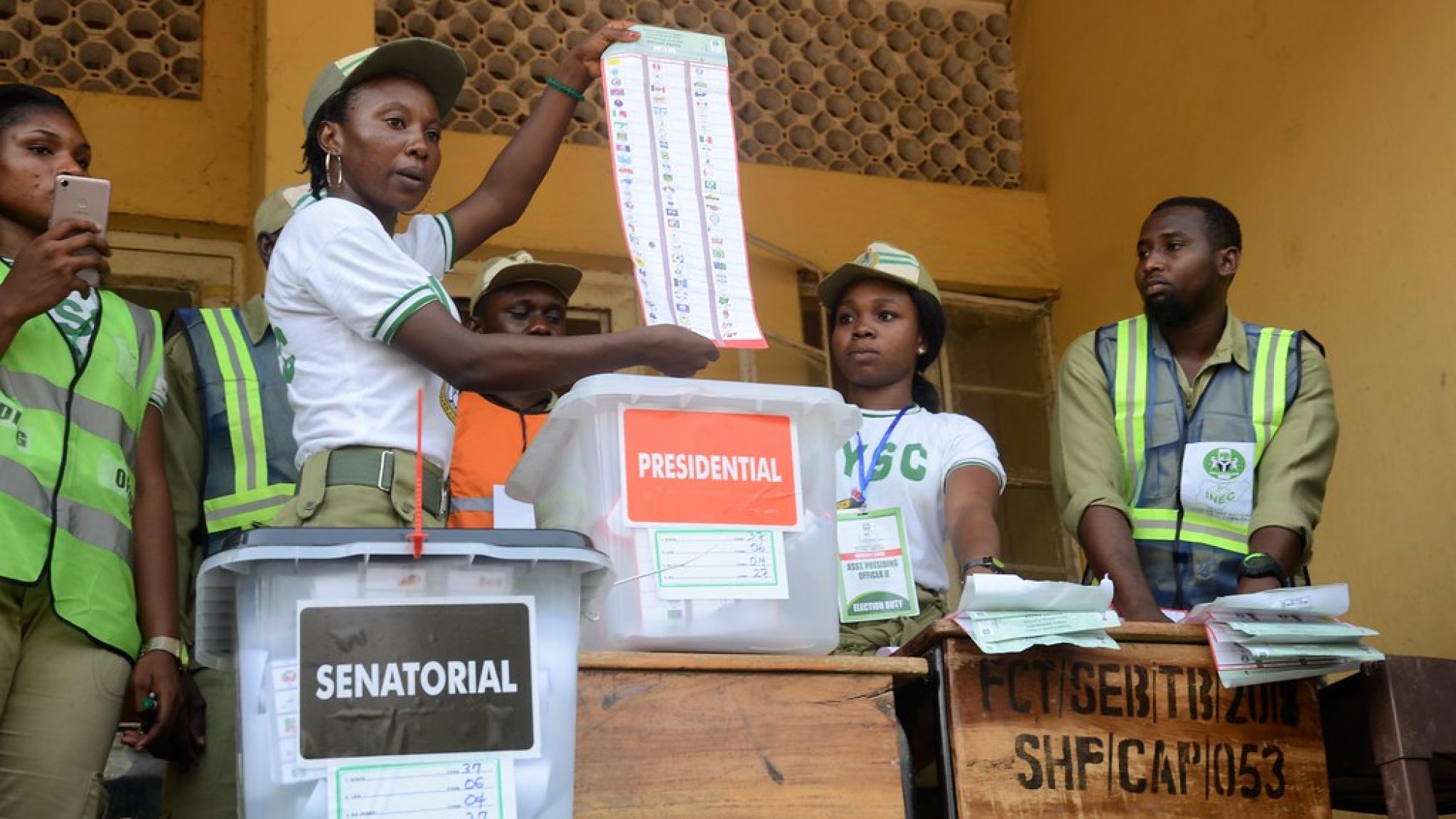NEWS
Role of Social Media in Nigerian Politics: A Guide for Young Voters

Social media has become an increasingly important tool for political campaigns and discussions in Nigeria.
With over 154 million internet users in the country, it has become a crucial platform for politicians to reach out to voters and for citizens to engage in political discourse. This article aims to provide a guide for young voters on the role of social media in Nigerian politics and how they can participate in the political process.
Social Media and Nigerian Politics
Social media platforms such as Twitter, Facebook, and Instagram have become important tools for Nigerian politicians to communicate with their constituents. They can use these platforms to share their policies, engage with voters, and garner support for their campaigns. Social media has also allowed citizens to engage in political discussions, share their opinions, and hold politicians accountable.
While social media has many advantages, it also has its downsides. The spread of fake news and misinformation is a major concern in Nigerian politics, with political actors using social media to spread false narratives and propaganda. Additionally, social media can amplify negative discourse and polarize political discussions.
Young Voters and Nigerian Politics
Young voters make up a significant portion of the Nigerian population and are therefore a crucial demographic for political parties to target. However, young voters often face barriers to political participation, such as lack of political education, apathy, and distrust in political institutions.
To increase youth participation in Nigerian politics, political parties and candidates need to engage with young voters, address their concerns, and offer policies that resonate with them. Additionally, educational campaigns targeted at young voters can help them better understand the political process and their role in it.
Impact of Social Media on Youth Participation
Social media has played a significant role in mobilizing young voters and promoting youth-led political movements in Nigeria. Young people have used social media platforms to organize protests, advocate for social and political change, and hold politicians accountable.
However, the impact of social media on youth participation in Nigerian politics is not always positive. The spread of fake news and disinformation can negatively influence young voters’ opinions and contribute to apathy and distrust in the political process.
Recommendations for Young Voters
Young voters can play an important role in Nigerian politics by engaging in political discourse, advocating for their interests, and holding politicians accountable. To do this effectively, they need to be critical thinkers, fact-check information, and engage with political candidates and parties beyond social media. Here are some recommendations for young voters:
Importance of critical thinking and fact-checking: With the spread of fake news and disinformation on social media, it’s important for young voters to critically evaluate the information they consume. Fact-checking tools and reputable news sources can help them verify the accuracy of information.
Engaging with political candidates and parties: Young voters can engage with political candidates and parties through attending rallies and events, participating in debates and town halls, and contacting their representatives. This can give them a better understanding of the candidates’ policies and positions.
Taking action beyond social media: While social media can be a powerful tool for political advocacy, young voters should also take action beyond social media. This can include participating in peaceful protests, volunteering for political campaigns, and running for political office.
Social media has become an integral part of Nigerian politics, providing a platform for political discourse and mobilization. Young voters, in particular, have a significant role to play in shaping the political landscape of the country. While social media has its advantages, it is important for young voters to be critical thinkers and fact-check information, engage with political candidates and parties beyond social media, and take action beyond online activism.
To create a more inclusive and effective political system, political parties and candidates need to better engage with young voters, address their concerns, and offer policies that resonate with them. Educational campaigns targeted at young voters can also help them better understand the political process and their role in it. By doing so, Nigeria can build a more participatory and democratic political system that represents the interests of all its citizens.
FAQs
How can social media be used to promote positive change in Nigerian politics?
Social media can be used to promote positive change in Nigerian politics by providing a platform for political discourse and mobilization. Citizens can use social media to hold politicians accountable, advocate for their interests, and organize peaceful protests and demonstrations.
What are some ways to identify and avoid fake news on social media during political campaigns?
To identify and avoid fake news on social media during political campaigns, young voters should use fact-checking tools and reputable news sources. They should also be wary of sensational headlines and be cautious of information shared by anonymous sources.
How can young voters hold politicians accountable beyond social media?
Young voters can hold politicians accountable beyond social media by attending town halls and debates, contacting their representatives, and participating in peaceful protests and demonstrations.
What are some examples of successful youth-led political movements in Nigeria?
There have been several successful youth-led political movements in Nigeria, including the #EndSARS movement, which aimed to end police brutality in the country, and the #NotTooYoungToRun movement, which advocated for the reduction of the age limit for political office.
How can political parties and candidates better engage with young voters through social media?
Political parties and candidates can better engage with young voters through social media by creating content that resonates with young people, addressing their concerns, and being transparent about their policies and positions. They can also engage with young voters through interactive platforms such as Twitter chats and Instagram Live sessions.